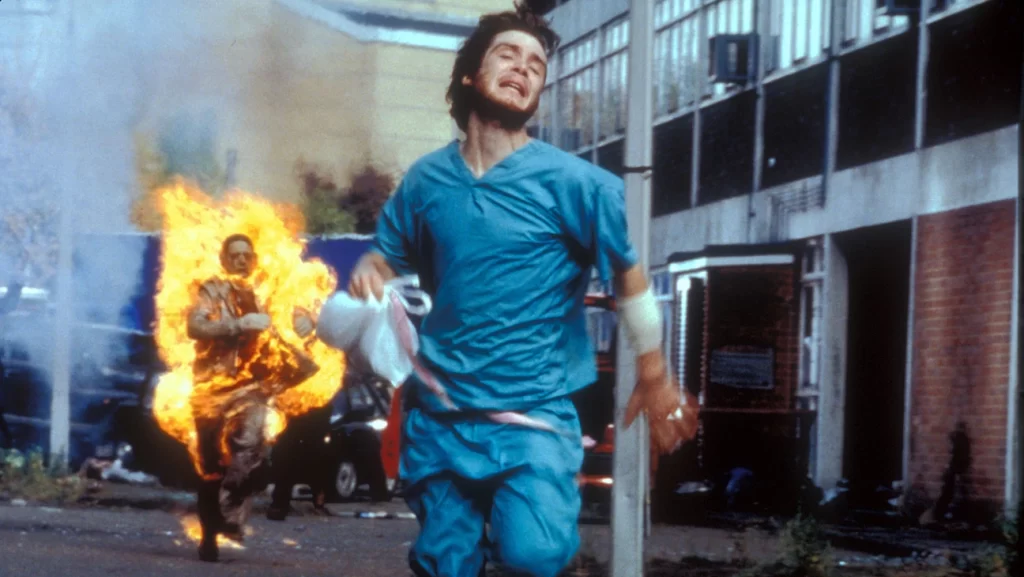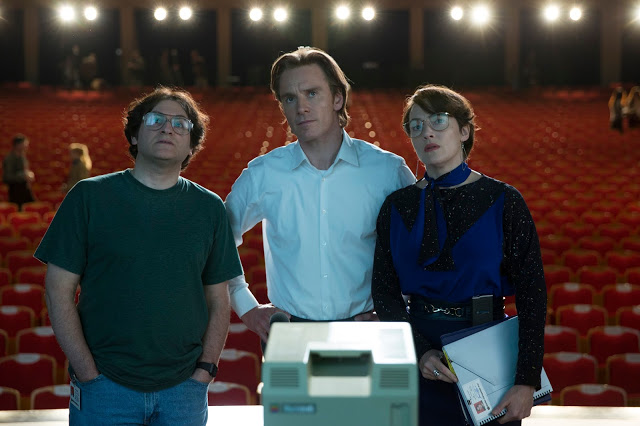From the Vault: 28 Days Later, 20 Years Later

[EDITOR’S NOTE: In 2003, long before MovieManifesto.com existed, I spent my summer as a 20-year-old college kid writing as many movie reviews as I could. My goal was to compile them all into a website, possibly hosted by Tripod or Geocities, which would surely impress all of the women in my dorm. That never happened—neither the compiling nor the impressing—but the reviews still exist. So, now that I am a wildly successful critic actually have a website, I’ll be publishing those reviews on the respective date of each movie’s 20th anniversary. Against my better judgment, these pieces remain unedited from their original form. I apologize for the quality of the writing; I am less remorseful about the character of my 20-year-old opinions.]
28 Days Later is like a Twilight Zone episode on crystal meth. It takes a standard science-fiction concept – a small band of mismatched renegades must save humanity from extinction – and infuses it with Danny Boyle’s high-octane style to create quite a gruesome cocktail. There’s a lot of potential here with such an intriguing motif, but the result is disappointingly bland. So intent is Boyle on creating his twisted, macabre universe that he fails to immerse us within it. Thus, while the movie is supposed to be chic, edgy, and above all scary, we’re too detached to be frightened. 28 Days Later is occasionally taut and innovative, but it is never compelling. Read More

